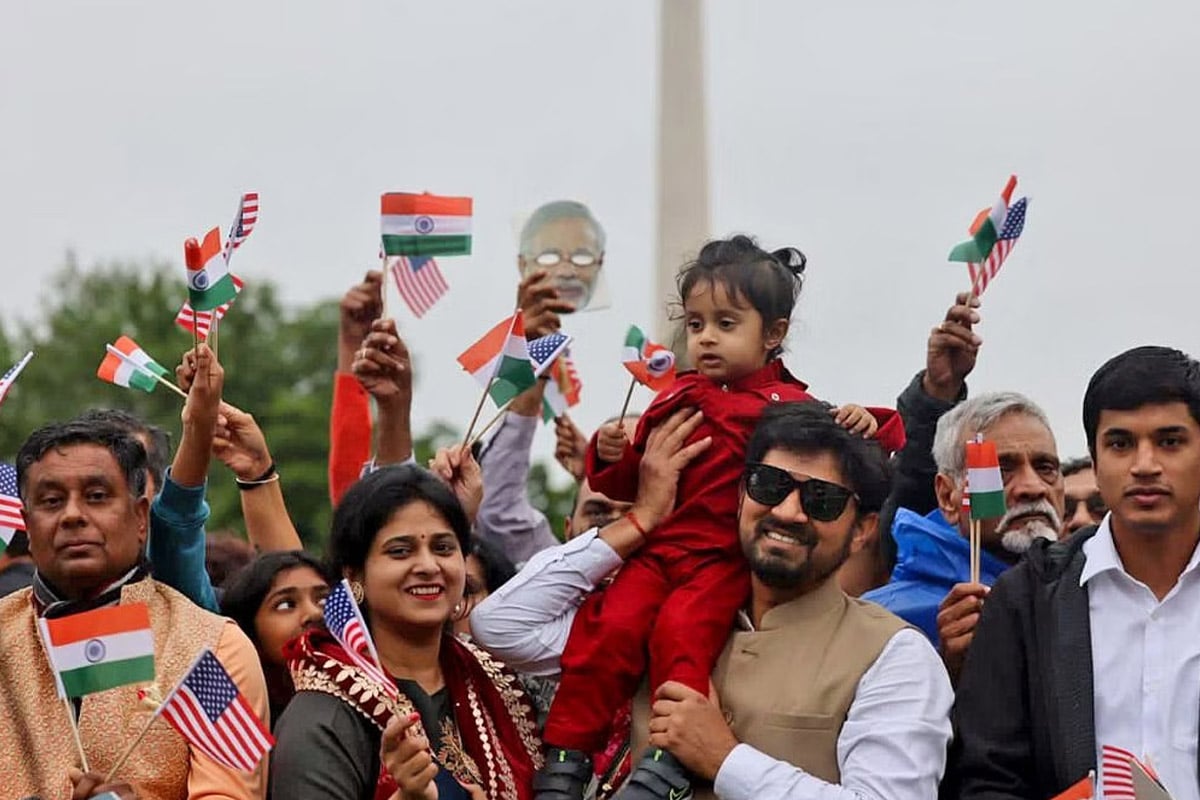Hamas must move past scripture now & compromise with a powerful neighbour
God has decreed that we must attack Tel Aviv,” Yahya Sinwar, leader of Hamas’ military wing, proclaimed at a gathering in Gaza in June 2021. Sinwar, who took over as chief of the militant Islamist movement in 2017, was hardly the first Palestinian of consequence who threatened to unleash the ‘wrath of god’ upon the state of Israel and is unlikely to be the last.
Palestinian leaders advocating armed resistance against the ‘Zionist’ state had mastered the art of quoting scripture to drive home their political message much before Sinwar—who is believed to have read the Quran during his time in an Israeli prison, of all places—entered the scene.
But the terror attack by Hamas on the Israeli mainland in October and retaliatory strikes by Israel Defence Forces (IDF) in the Gaza Strip have once again brought back focus on the perils of counting on rhetoric, fuelled by a malicious reading of scripture, to achieve political objectives.
In the 20th century, unsuccessful post-colonial efforts towards state-building, and the establishment of Israel spurred a sequence of Marxist and anti-Western shifts and movements across the Arab world.
The expansion of nationalist and revolutionary movements, coupled with the notion that terrorism could be a viable means to achieve political aims, sowed the seeds for what we know as militant ‘jihad’ in the Middle East.
What also led young minds on this violent path was a belief in the perceived mandate for armed struggle outlined in certain religious texts and the conviction that peaceful resolutions are unattainable or insufficient in addressing perceived injustices. In the case of Islam, this belief was, ironically enough, wedded to erroneous and at times, outright virulent interpretations of the Quran, of which peace is a central tenet.
According to one such interpretation, seeking retribution through armed ‘jihad’ in response to perceived injustices by unbelievers against Muslims is deemed necessary if one is convinced that Islamic law has been violated.
Another example of how Quranic verses can be misread to justify terrorism is the very concept of ‘jihad’, which mainstream Islamic scholars interpret as a broader concept that includes striving for personal improvement.
Important to note here that the Quran, the holy book of Islam, is believed by Muslims to be the literal, eternal word of God as revealed to the Prophet over a period of some 23 years. The revelations began in the year 610 CE when the Prophet was 40 and continued until 632 CE, the year of his death.
The compilation of the Quran into a single book took place after the death of the Prophet. The Caliph Uthman ibn Affan (who ruled from 644 to 656 CE) played a key role in standardising and organising the Quranic revelations into its present format. It has since remained unchanged in its content, and is considered by Muslims to be the final and complete revelation from God.
This is where another key factor comes into play, madrassas. Though many countries have taken steps to regulate and modernise them, in parts of the world, these Islamic seminaries are tasked with propagating a malicious reading of certain verses of the Quran to radicalise young minds. That there has been a concerted effort by groups advocating militant ‘jihad’ to use madrassas as breeding grounds for radicalisation in regions where access to education and employment opportunities is limited, is beyond doubt.
Militant ‘jihad’ vs state of Israel
In the case of Israel, its fight was always existential. The country of less than 10 million was up against forces that didn’t flinch before taking a match to a combustible amalgamation of religion and regional aspirations.
But it was not always like this. In the late 1960s, secular Palestinian movements such as Fatah and the Popular Front for the Liberation of Palestine (PFLP), while demanding a separate state of Palestine, were open to the idea of dialogue with Israel and acknowledged that a violent struggle in the name of religion would set the cause back instead of advancing it.
This period, however, was followed by the rise of groups with a more fundamentalist view including the Abu Nidal Organisation (ANO) in the 1970s, and Hezbollah in the 1980s. This shift came on the heels of the Iranian revolution of 1979, which many scholars view as a turning point.
By the 1990s, other movements advocating militant ‘jihad’ had sprung up in the Arab world including the Egyptian Islamic Jihad, Islamic Resistance Movement (HAMAS), Palestinian Islamic Jihad (PIJ), Harakat ul-Mujahidin (HUM), Jaish-e-Mohammed (Army of Mohammed), Lashkar-e-Taiba (Army of the Righteous) and Al-Qaeda (The Base).
To make a case against the ‘Zionist’ state, these groups misinterpreted or selectively focussed on certain historical or contextual references in the Quran that relate to specific events in the early days of Islam. Against this backdrop, misguided interpretations, combined with political, social, and historical factors, contributed to the emergence of extremist ideologies.
Asked what it was about Islam that led to the creation of this extremist stream within the religion, Abdullah Antepli, founder of the Muslim Leadership Initiative, told The Times of Israel in 2015 that “this whole Muslim extremism and terrorism craziness is a product of four Islams”.
He identified them as: Islam as a religion, which like any other, is neither “essentially good or evil”; Islam as Muslims, how it manifests itself “in the human experience differently”; Islam as history — the historical context; and Islam as a “religion and a product of deeply failed societies”.
Antepli made another crucial point. “…if you trace the ideological and religious roots of this violent extremism, you will always find that it is connected to, fed by, and grew out of Wahhabism and Salafism.”
US-based think tank RAND Corporation in a 2004 paper for the US Air Force, ‘The Muslim World after 9/11’, explained how Islamist groups appealed to Muslims’ sense of community to further their political aims.
“Islamic fundamentalists seek to strengthen the umma or worldwide Islamic community rather than any individual state. Nationalism is regarded as asabiyya (sectarianism), contaminated by Western secularism and involving loyalties superseding those to God.”
While the threat they pose is genuine, it is important to note that these highly violent religious extremists represent a minority perspective within Islam. Like any religious community, the beliefs and practices of Muslims exhibit variations based on diverse factors, including geographical location.
Islam is currently the second-largest religion globally, following Christianity. It is also the fastest-growing major religion and if prevailing demographic patterns persist, the global Muslim population is projected to surpass the global Christian population by the end of this century.
While many countries in the Middle East-North Africa region, where the religion originated in the 7th century, have a substantial Muslim population, they account for only about 20 per cent of the world’s Muslims.
The majority of Muslims (62 per cent) reside in the Asia-Pacific or West Asia-North Africa region, with significant communities in Indonesia, India, Pakistan, Bangladesh, Iran, and Turkey.
As for Hamas, which continues to allude to scripture to justify the killing of innocent Israeli civilians in the name of Palestinian statehood, the words of Israel’s founder David Ben-Gurion serve as a warning: “Without moral and intellectual independence, there is no anchor for national independence.”
Asha Jadeja is a Silicon Valley-based entrepreneur, venture capitalist, philanthropist and a ‘change agent’. She tweets @ashajadeja325. Views are personal.
Photo: File photo of senior Hamas leaders Yahya Al-Sinwar, Ismail Haniyeh and Khalil al-Hayya (left to right) | Reuters



